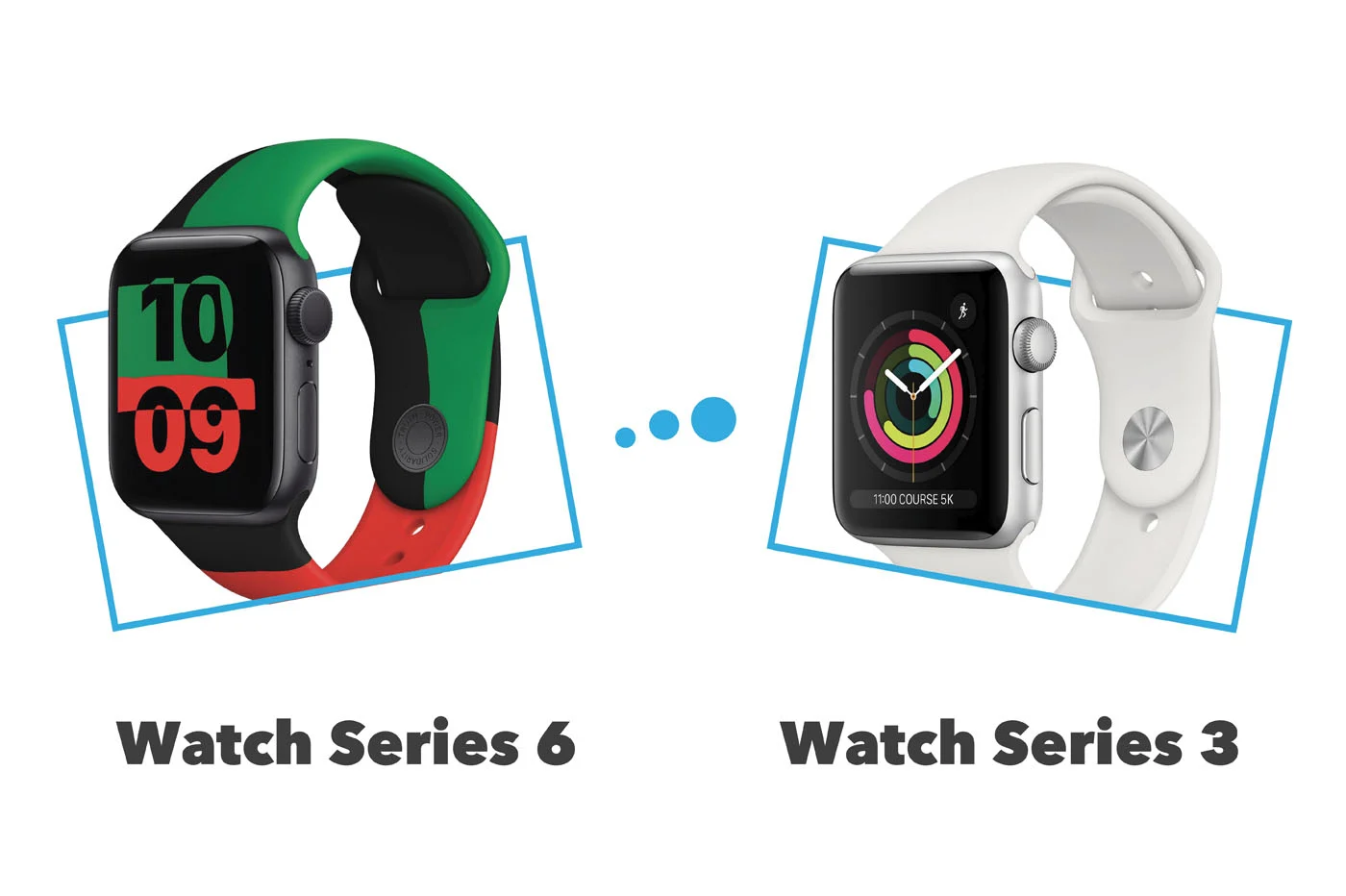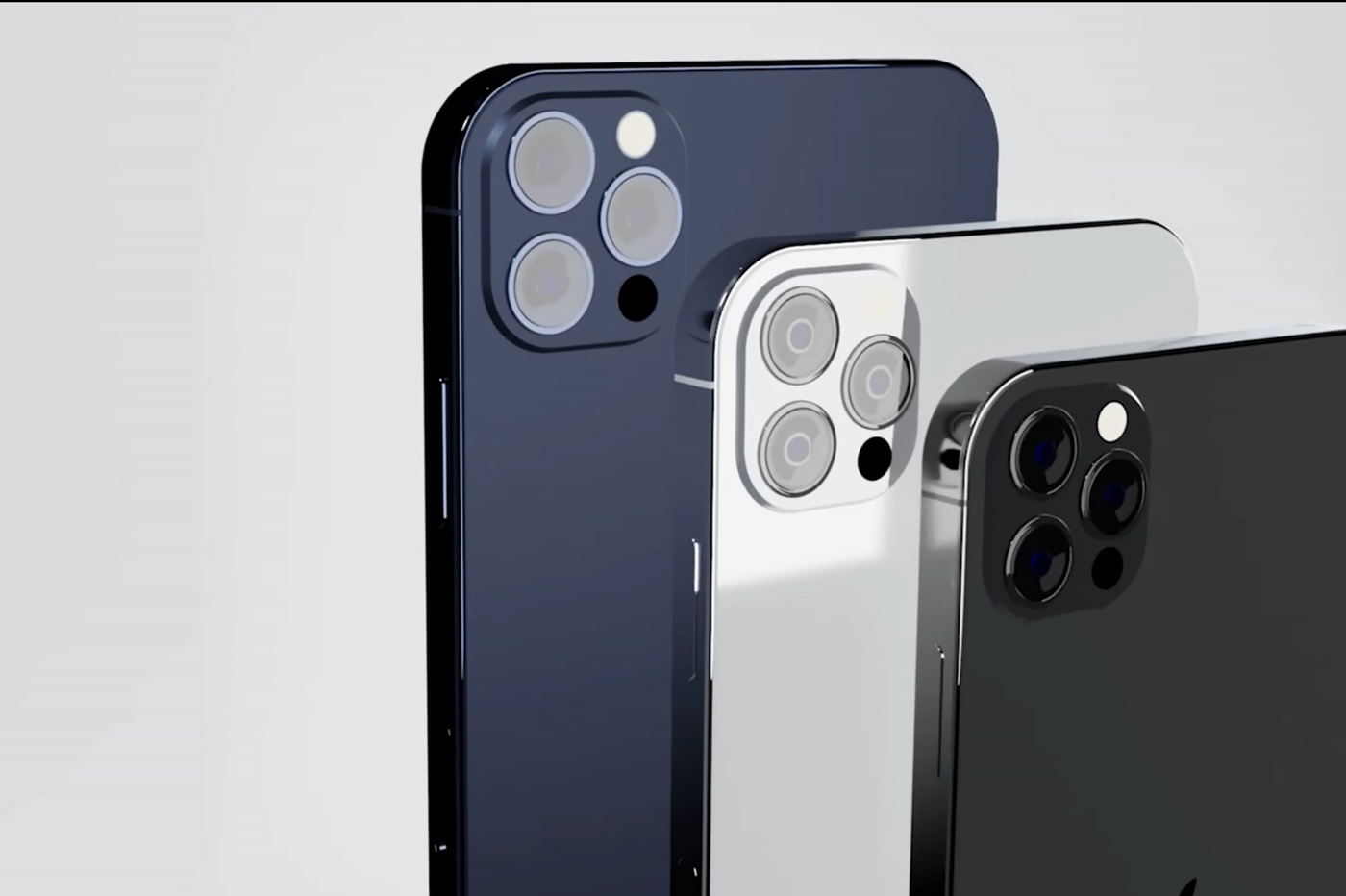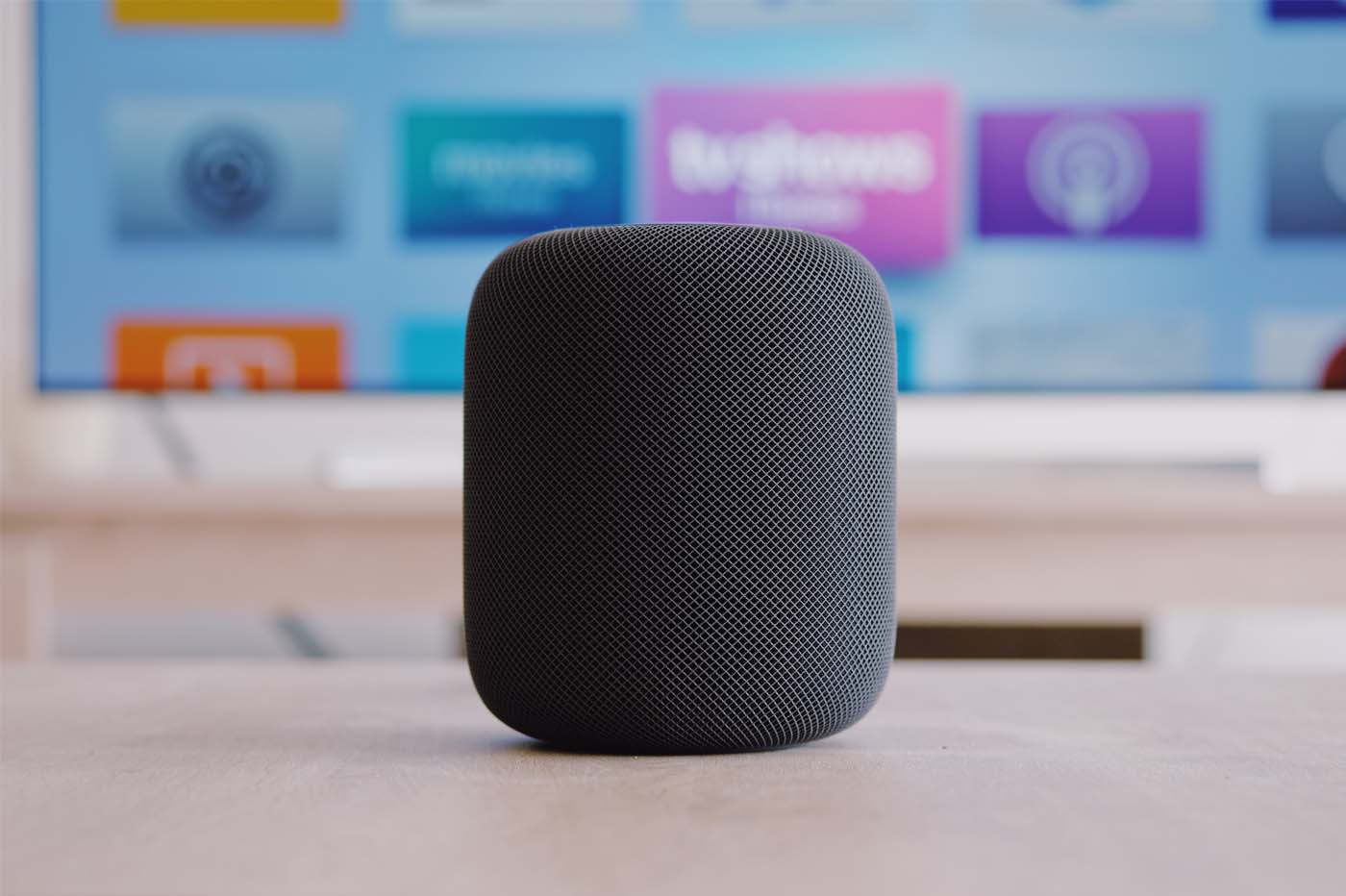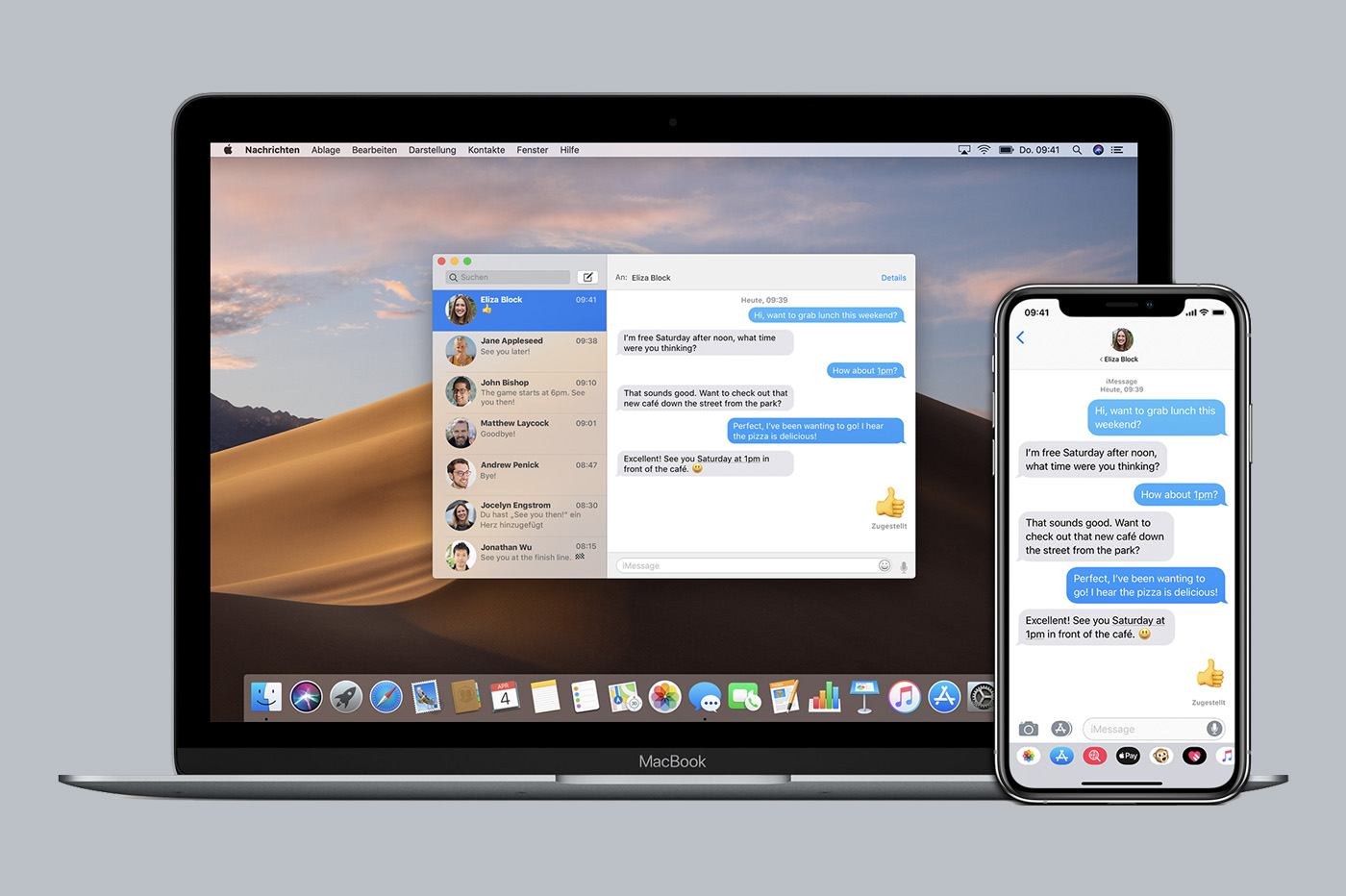Just a few hours ago, Apple announceddeploy end-to-end encryption on new services synced with iCloudwhose formatiMessage, Notes or Photos. Big news for anyone who wants an extra layer of protection for their personal data. But which unfortunately is not to everyone's taste, starting with the FBI. The organization has already been singled out in the past for similar acts.
This time, it is again the question of security which seems to worry the Office, a shame when we know that this is also the argument put forward by Apple to promote its new functionality. A spokesperson for the agency explains that Cupertino is now limiting its ability to fight against “drug trafficking", the "organized crime” or even the “terrorism“. And this, even though we now clearly know thatthe FBI knows how to unlock an iPhone without the help of Tim Cook's technical teamswhen needed.
A broad wave of support against the tide
Still, it seems like most reviews of iCloud's new end-to-end encryption are relatively positive. For example, we can citethe case of the EFF(Electronic Frontier Foundation), qui crie “victoire” recalling that Apple has at the same timeabandoned photo analysisstored on their devices. This solution had been presented to the general public under the guise of the fight against child pornography, but the media quickly raised the risks for possible political opponents in certain countries where oppression and massive surveillance reign.
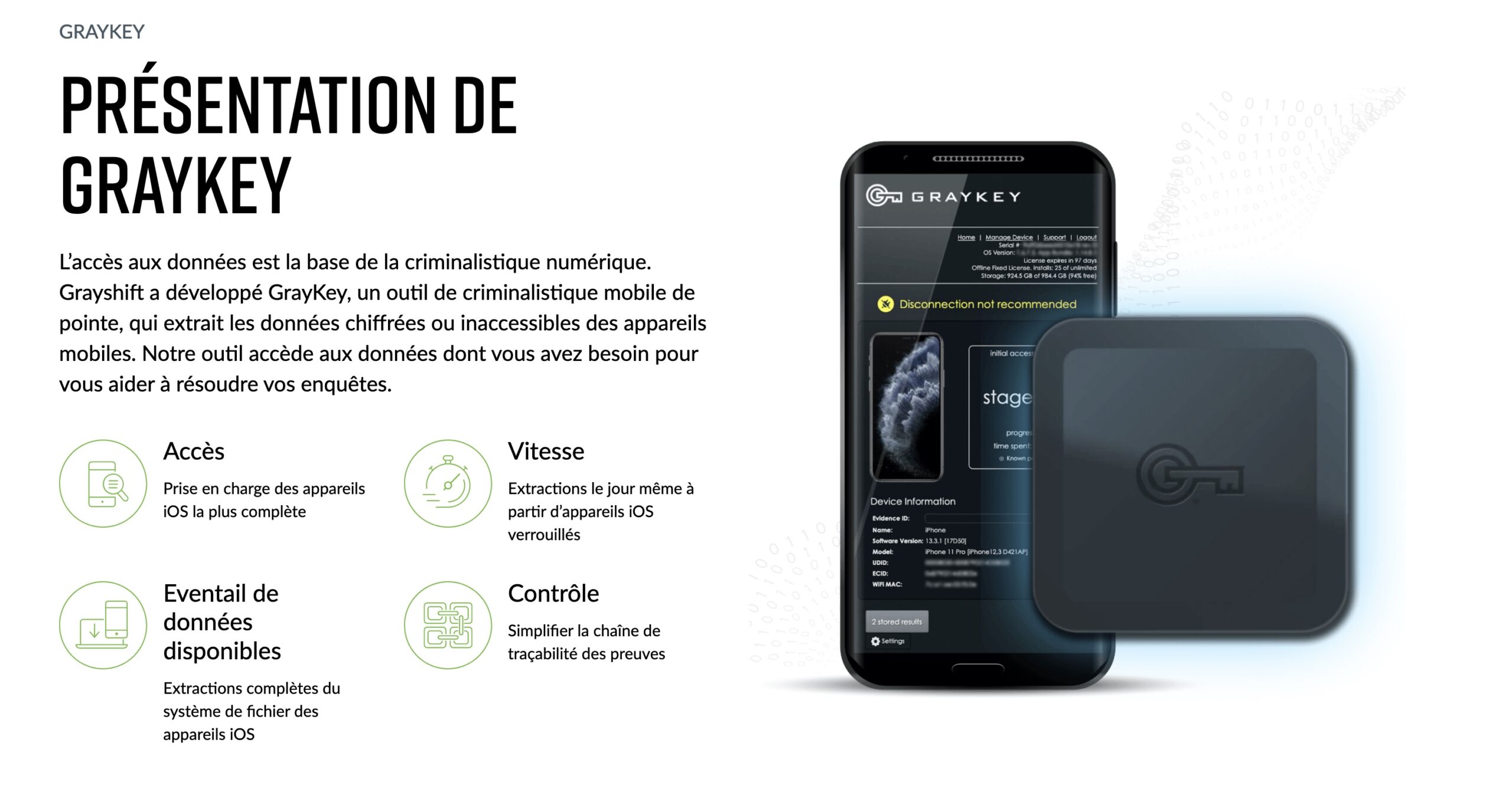
Grayshift offers tools to access the content of any iPhone without the owner's consent © Grayshift
Concretely, however, the change announced by Apple should prove to be quite discreet for end users. We also know that encryption will not benot enabled by default: you will have to do this manually. An option not always as accessible for Internet users of different generations…
Privacy VS security
The debate therefore remains open; Should we, under the guise of reducing dangers for the population, restrict their access to a better defense of their private lives? Or is protecting personal files and devices a priority? The question is not resolved and also questions legislators: in Europe, the regulations relating toGDPRfor example, offers certain advantages for customers. But we know that companies like Corellium or the NSO Group also have the unfailing support of governments that are not very careful about their digital targets...

i-nfo.fr - Official iPhon.fr app
By : Keleops AG

